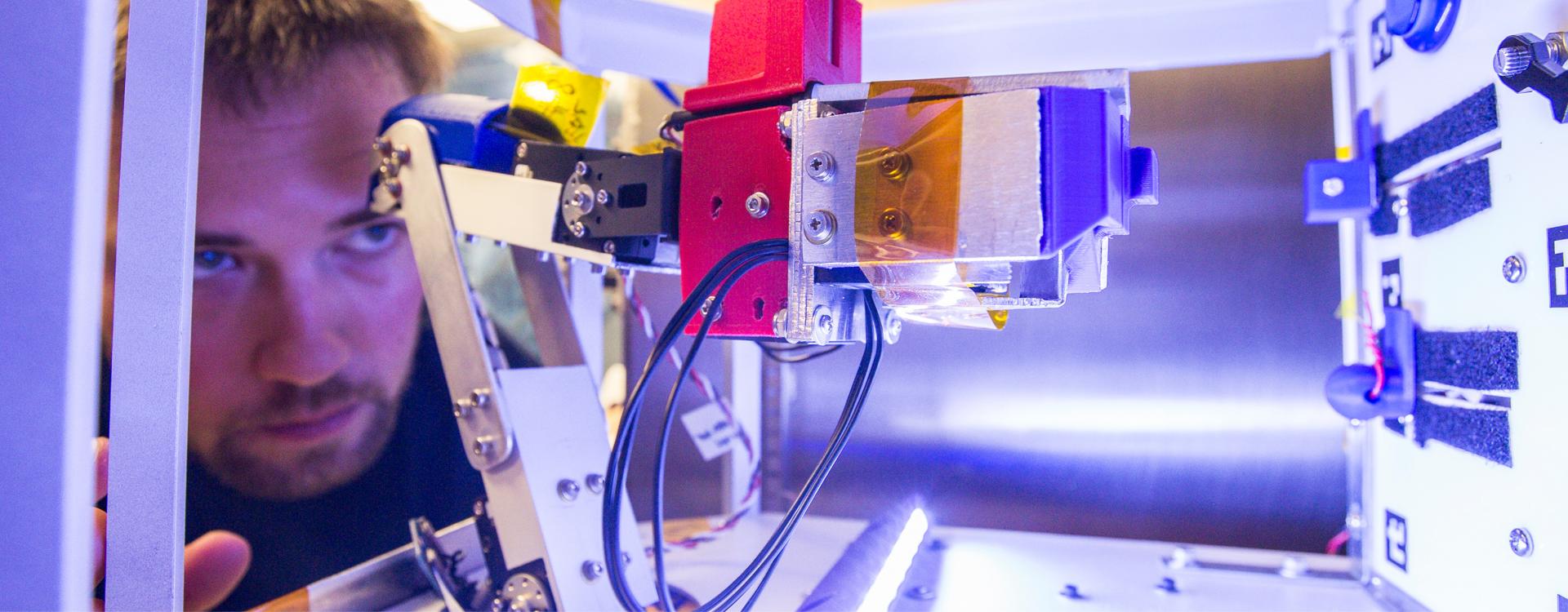Duke University Environmental Services team completes worthwhile educational journey through partnership with Durham Tech
In late 2019, a group of 25 Duke University Environmental Services (UEVS) team members began their journey through Durham Technical Community College’s Environmental Services Management course to receive Indoor Environmental Healthcare and Hospitality Association certification training.
After a few months of in-person classes, the COVID-19 pandemic began, and the program was put on hold.
But on May 5, the group gathered again at the Durham Technical Community College space in downtown Durham’s Chesterfield Building to celebrate their completion of the course, which restarted as a virtual program in early 2021.
“They persevered, they had patience and dedication,” Duke’s Vice President for Facilities John Noonan. “They stuck with it, which was very difficult to do during COVID times, when lots of things fell apart. In work life and family life, there were really tough times. To be doing something above and beyond what they normally have to do, to take classes, do projects and take exams, it’s very impressive.”
Dr. Leslye Kornegay, executive director of Duke University Environmental Services in Facilities Management, had the idea of UEVS managers taking part in the program after having completed a similar program early in her career.
“I’m really excited for them,” Kornegay said. “I know what this did for me. It spring boarded me into a number of things. I’m just excited to see what they do with it.”
During the three-year journey – under normal circumstances the program takes between 12 and 18 months to complete – UEVS staff members learned about the science behind materials and techniques used in cleaning and gained a deeper understanding of aspects of their work such as pest control, recycling, accounting and workplace safety. They also completed coursework and group projects which build their skills in leadership and communication.
“No matter where I go from here, I think the better understanding of how to manage a staff will help me along the way,” said Pamela Bell-Jones, UEVS senior supervisor for the research portion of west campus. “I think there are a lot of tools that I can refer back to from this program which will help.”
Beth Payne, who heads Corporate Services at Durham Tech’s Center for Workforce Engagement, said the Environmental Services Management course was new programming for the college. Leaders from the college and Duke began work on the course in 2019. The course, taught in two sections, required 192 hours and covered topics that included Management Style, Communication, Staffing, Continuous Improvement to Chemical Controls, Waste Management, Microbiology, Purchasing and Accounting, and Safety and Security.
“One of our college’s strengths is tailoring our education programming to meet workforce needs,” said Durham Tech Community College President J.B. Buxton. “This is a perfect illustration of how well these types of partnerships succeed in developing talent, benefiting employees, employers and the community’s continued economic growth.”
The students took their final exam in April, which consisted of 125 questions.
“I’m proud of the work and the 100% pass rate and excited to have these Duke leaders join the ranks of IEHA Registered and Certified Environmental Services Executive,” said Indoor Environmental Healthcare and Hospitality Association Executive Director Michael Patterson, a partner in the program. The Indoor Environmental Healthcare and Hospitality Association, a division of ISSA, focuses on the healthcare and hospitality sectors of the cleaning industry.
Payne said all the course participants worked extremely hard. “They were in class at 6 a.m. They’ve taken a very demanding course, while continuing to work and manage their personal lives over the past two years,” Payne said. “I’m excited to see their continued success with this training and this investment.”
While the participants said it was a challenge to balance work and family responsibilities, pandemic stress and the demands of the program, but with a deeper understanding of what they do, it was a journey worth taking.
“This experience united folks,” said Joshua Eaton, UEVS assistant director and program participant. “During the process, you saw people who never work together, and who may have different personalities, working on the same team and succeeding. In general, everyone was going through the same things, so the fact that it was drawn out, and we got through it as a team, makes it sweeter.”
The UEVS team members who completed the program are:
Asia Hicks, operations manager
Bernard Harris, sanitation supervisor
Dekeita Hopkins, senior supervisor
Jacqueline Little, assistant supervisor
James Logan, assistant supervisor
James Sunde, senior supervisor
Joshua Eaton, assistant director
Kenneth Villines, senior supervisor
Kevin Jackson, operations manager
Lashawnda Harris, senior supervisor
Levi Rice, logistics support supervisor
Maggie Nelson, senior supervisor
Michelle Martin, senior supervisor
Pamela Bell-Jones, senior supervisor
Robert Burnett, senior supervisor
Robin Jones, senior supervisor
Wayne King, senior logistics support manager

